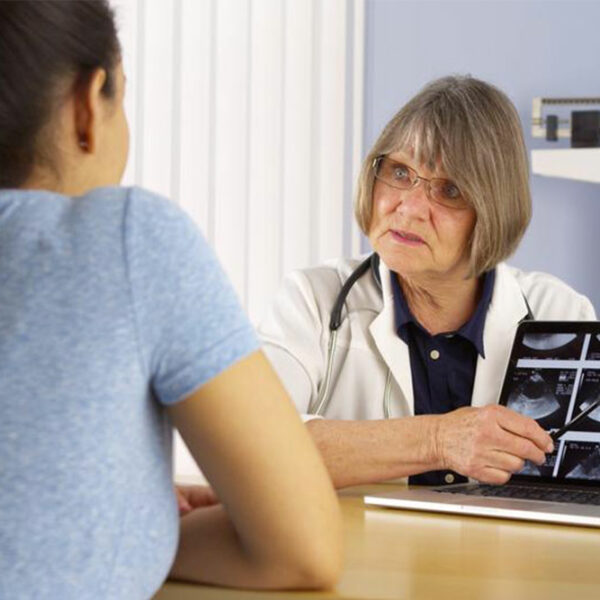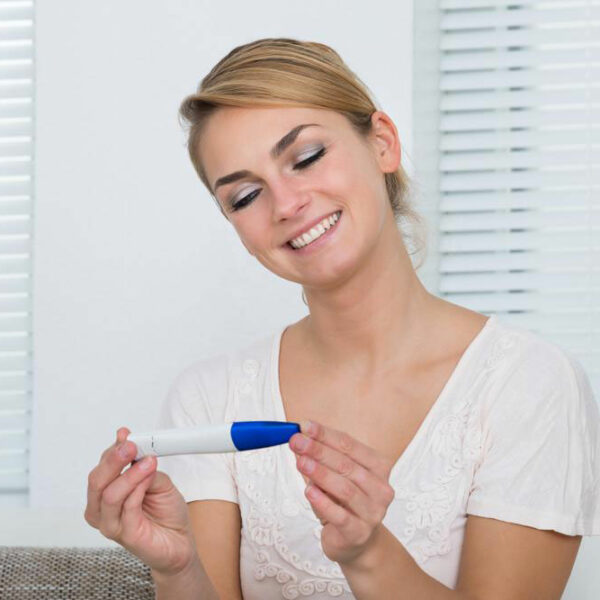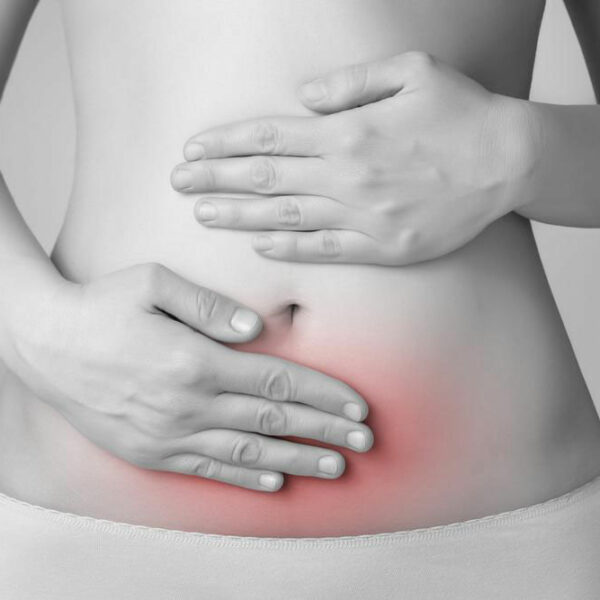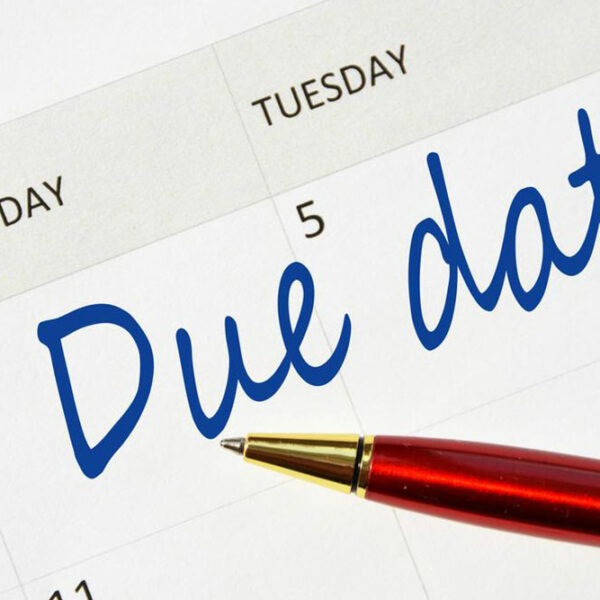
Possible causes for a high risk pregnancy
Ideally during your pregnancy, you should be healthy and happy as this has a direct bearing on the health and development of the child. But there are some cases where this not possible due to many medical conditions. There are many such complications that can lead to a high risk pregnancy. Let us take a look at some of these reasons. Ectopic Pregnancy This is a common complication that some women go through. An ectopic pregnancy happens when the ovary releases the egg which get fertilized by the sperm, but ends up in the fallopian tubes instead of the uterine lining and the womb. This can cause a series of complications and symptoms that should not be ignored. To begin with, one will experience a lot of acute and sharp pain in the abdominal region. Also, one will experience light vaginal spotting. This should be reported to the doctor immediately so that this kind of pregnancy may be treated and terminated immediately. Other Lifestyle Diseases There are a number of high risk diseases that may lead to neural defects for the baby during the development of fetus. This includes diabetes mellitus which may not have been controlled in a proper way as well as other diseases like kidney disease, chronic heart disease and much more.



